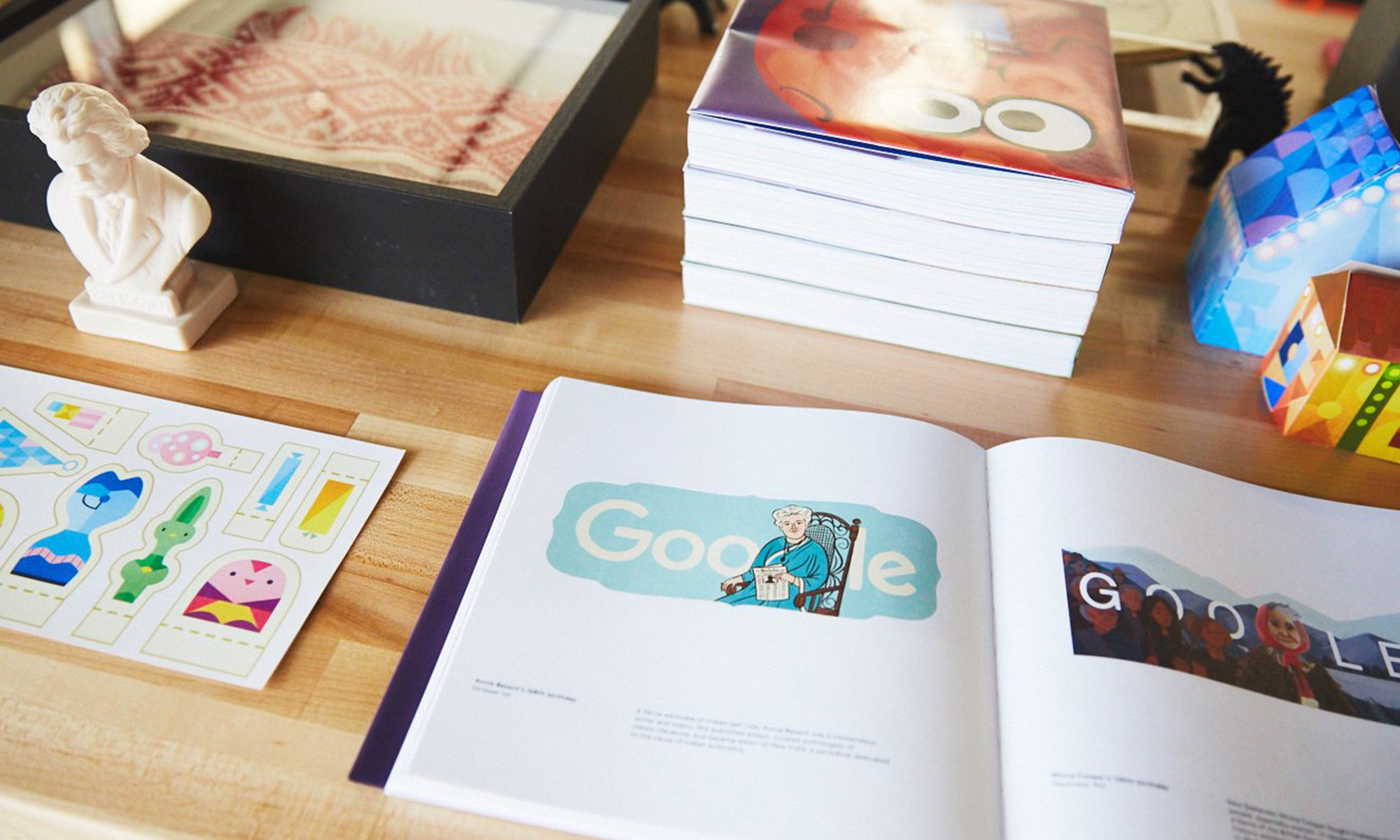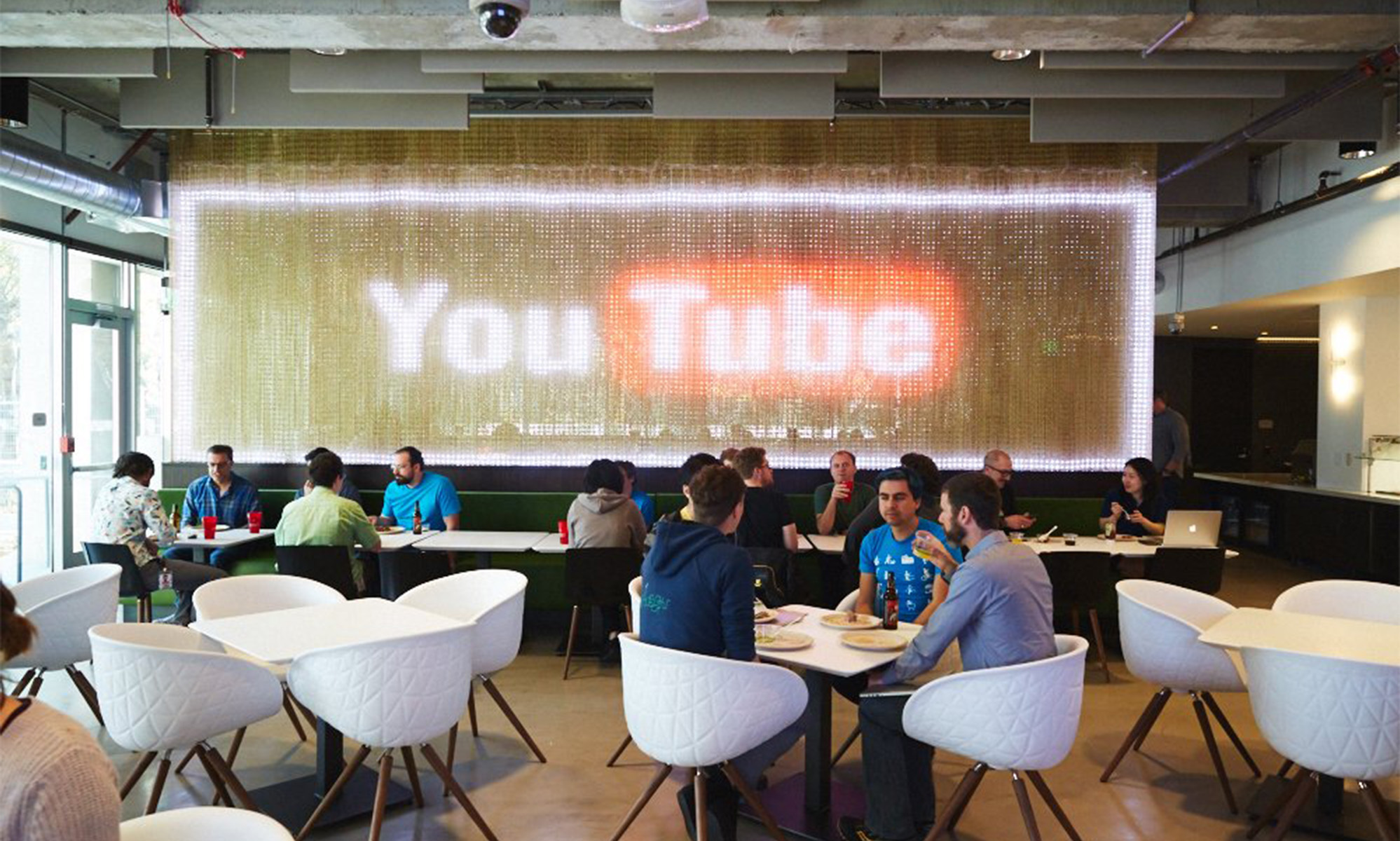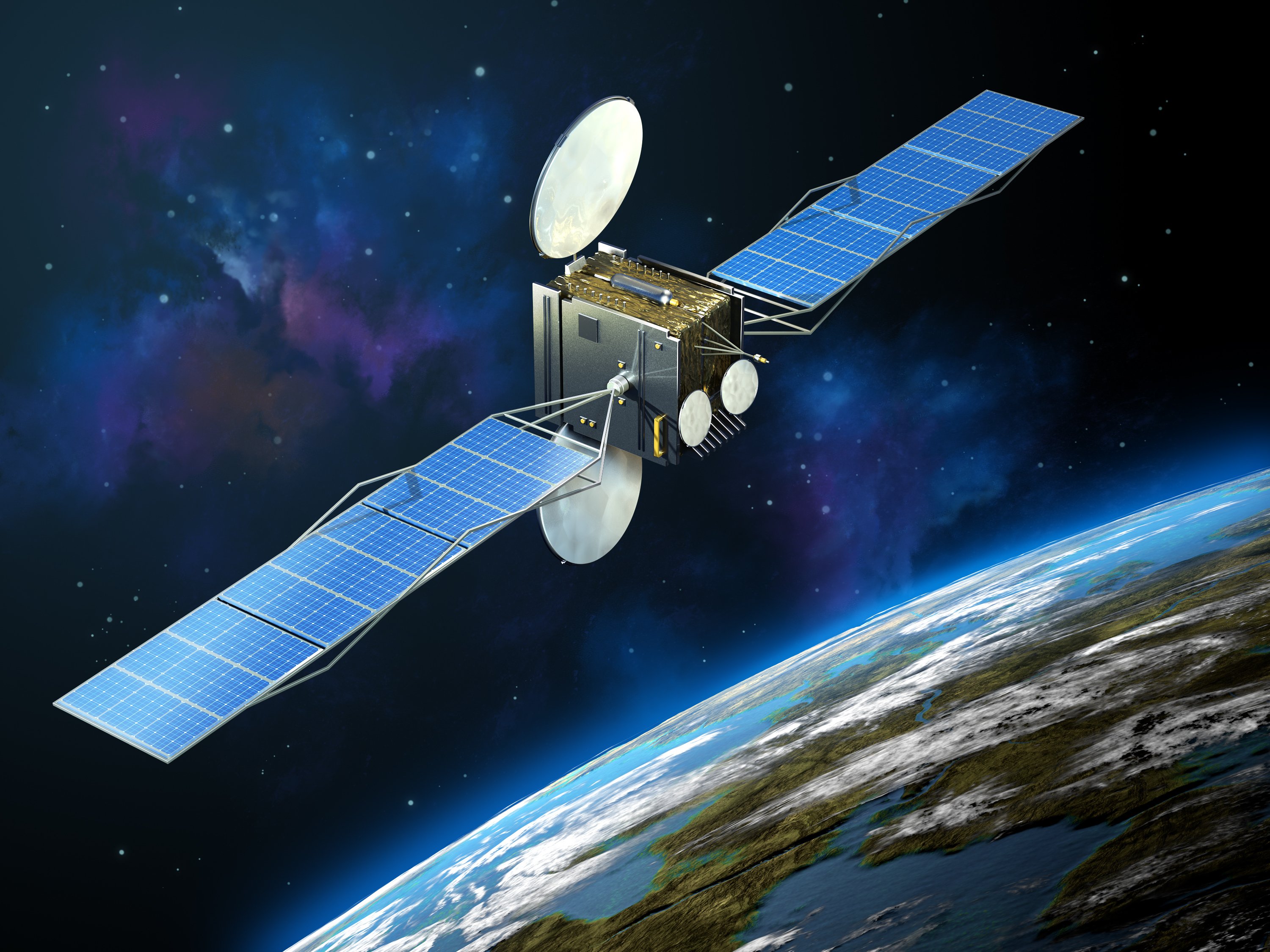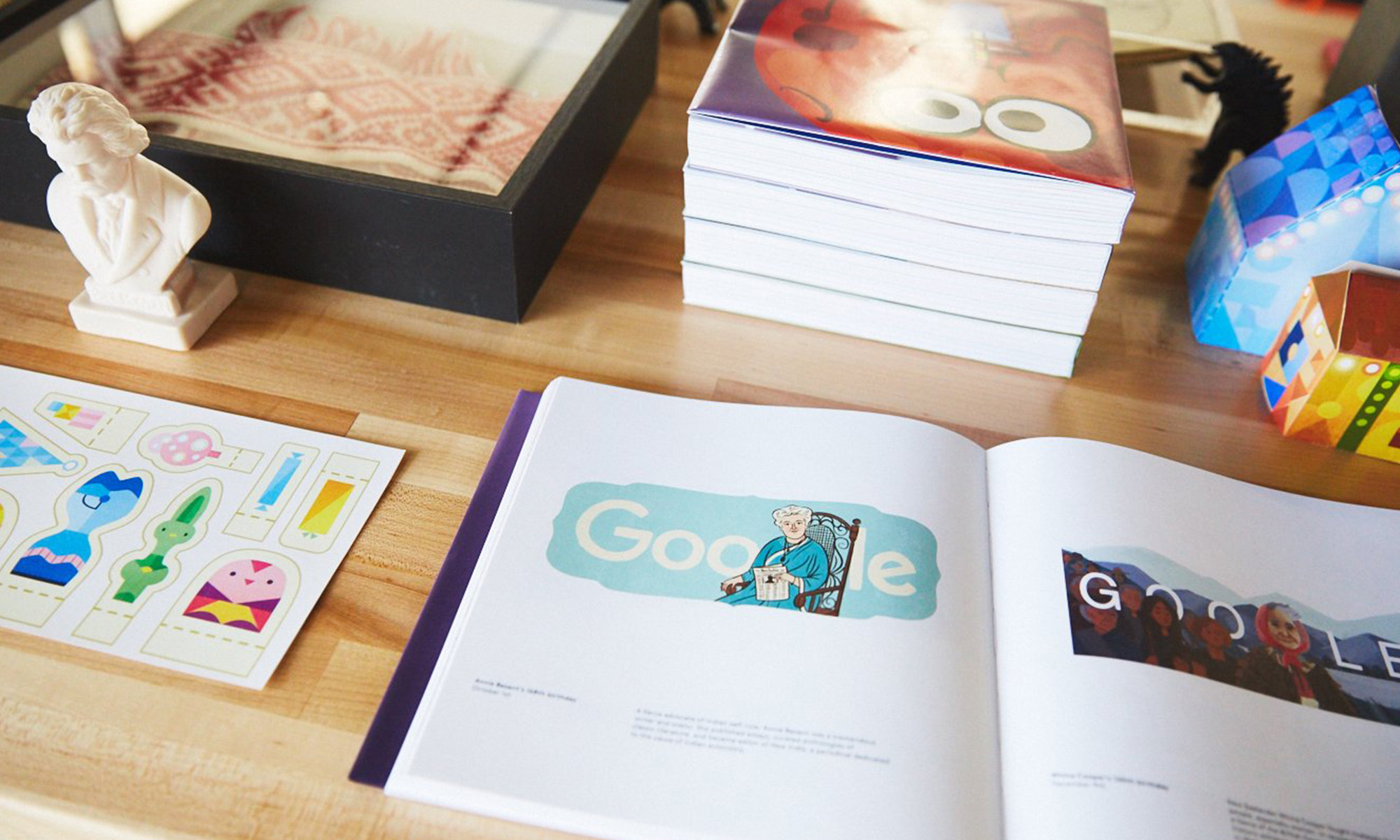It's a tantalizing proposition.
"Google needs to buy Twitter just like they bought YouTube," argues Michael Arrington, the famous tech blogger, conference host, and now start-up investor who sold his popular TechCrunch blog to AOL three years ago before moving on.
Arrington argues that Google Plus is a dud, and buying Twitter (TWTR +0.00%) would help Google (GOOG +1.47%) compete with Facebook (FB 0.85%) for social supremacy.
Following that logic, one could also argue that Facebook should buy Twitter if only to keep it away from Google. After all, with the $11 billion market cap figure being bandied about if Twitter goes public at $20, it would be a drop in the valuation bucket for Facebook and Google, given their ample resources and market caps of $128 billion and $342 billion, respectively.
But let's be real. No one is buying Twitter for $11 billion. Arrington rightfully suggests that Google would have to pay a significant premium to that to secure the global microblogging standard, but that's still not the accurate price tag. The moment a buyout would kick in, we'd be talking about a market cap closer to $14 billion at the $20 per share price point for all of the restricted stock units and options that have either been issued or are reserved for future issuance under this year's equity compensation plans, as well as shares that have yet to go out as part of a pending acquisition.
Oh, and that's assuming Google gets in before the IPO is completed, tacking on at least another $1.4 billion in market cap for the new shares (and closer to $1.6 billion for the no-brainer over allotment) if it takes place after the offering.
A pre-IPO buyout isn't going to happen, naturally. Short of a market meltdown in the next two weeks that would warrant pulling the offering, Twitter isn't going to slow down. Even if Twitter isn't in the same financial shape that Facebook was in when it went public last year, it's a safe bet that the stock opens sharply higher than $20. It's even a safe bet that underwriters experience heightened enough demand to boost the IPO price a bit higher than $20. Under this kind of scenario -- where Twitter could wind up opening closer to $40 or $50 -- would you cash out if you were Twitter? Would you give up independence, knowing full well that both Google and Facebook rebuffed buyout overtures to successfully go it alone?
More importantly, would you risk a buyout? Regulators are unlikely to let Facebook or Google acquire Twitter without months of antitrust deliberations. One can argue that if there are two legitimate buyers, then a monopoly doesn't exist, but that still won't undercut the notion of how much more powerful Facebook or Google would be with Twitter's treasure trove of real-time data.
It's a savory notion. It's the kind of chatter that will make cocktail parties a bit more interesting this weekend. But deep down inside, we know that nobody's taking out Twitter except the underwriters taking the profitless yet fast-growing dot-com darling out to the feeding frenzy that awaits in two weeks.









